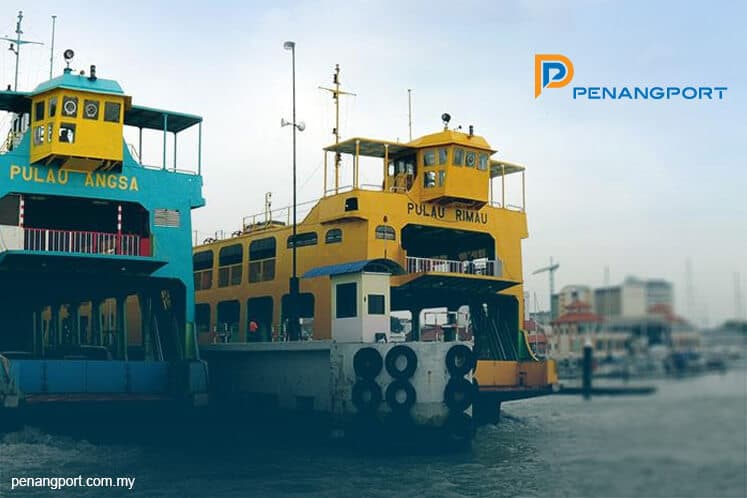
KUALA LUMPUR: Penang Port Sdn Bhd has yet to complete the disposal of its loss-making ferry business to Prasarana Malaysia Bhd as certain conditions precedent to the completion of the deal between the two parties have yet to be met.
MMC Corp Bhd, which stated this in a filing with Bursa Malaysia yesterday, added that this will not affect the completion of its share sale and purchase agreement (SPA) with Seaport Terminal (Johore) Sdn Bhd. Seaport Terminal is a wholly owned subsidiary of Indra Cita Sdn Bhd, which is controlled by tycoon Tan Sri Syed Mokhtar Al-Bukhary.
Last August, MMC proposed the purchase of a 49% stake in Penang Port from Seaport Terminal for RM200 million.
It was deemed a related party transaction as Seaport Terminal, which is involved in the development and management of port facilities, is a major shareholder of MMC with a 51.76% stake as at March 31 last year.
MMC had said that the SPA is subject to the execution by Penang Port of an agreement to dispose of its ferry service business, comprising both assets (including vessels as well as employees) and liabilities, to the buyer of the ferry business.
However, a supplementary letter yesterday between MMC Port Holdings Sdn Bhd — the wholly owned unit of MMC which will hold the 49% stake in Penang Port — and Seaport Terminal showed that the parties have agreed to vary the terms and conditions of the SPA. “The condition precedent relating to the disposal of the ferry business shall be a condition subsequent to be fulfilled and completed after the completion of the SPA.
“MMC wishes to further announce that accordingly, the SPA has become unconditional and the proposed 49% acquisition was completed today (yesterday),” said MMC.
On Nov 7 last year, The Edge Financial Daily, in a report on the upcoming agreement, quoted sources close to the matter as saying that Prasarana was a little hesitant about taking over the ferry operations as it would be entering unfamiliar territory and because it was a loss-making business.